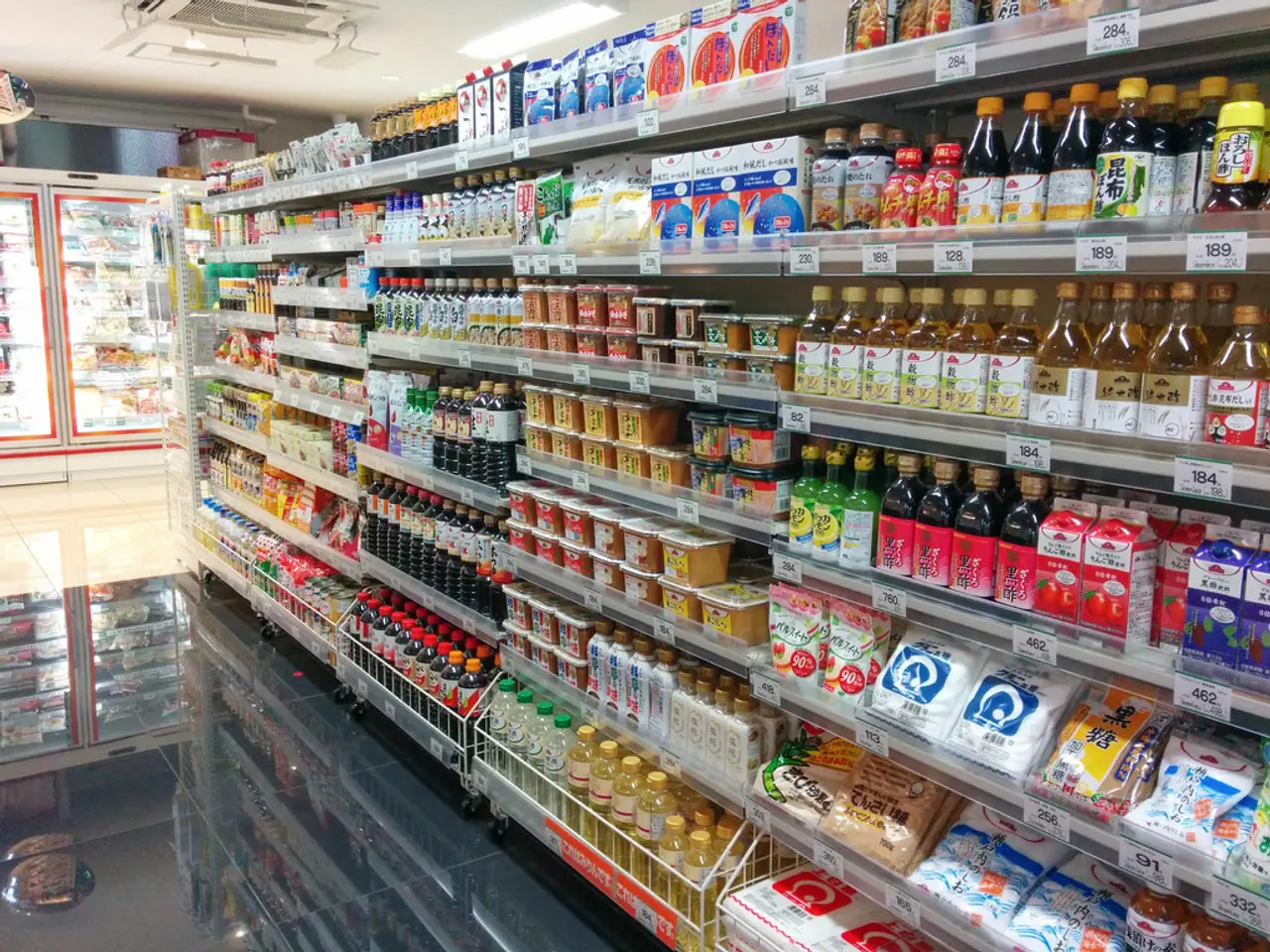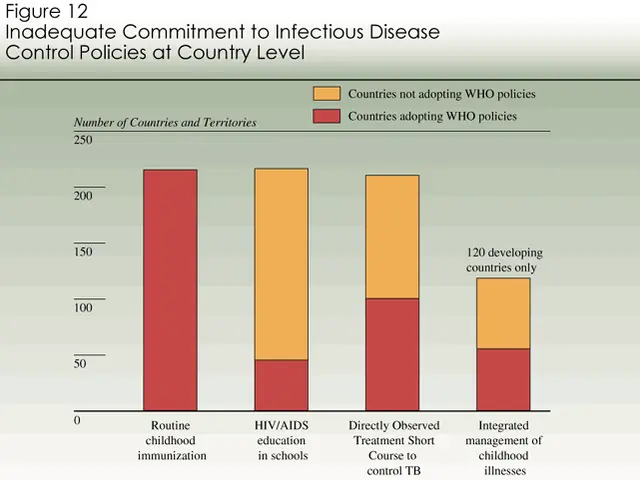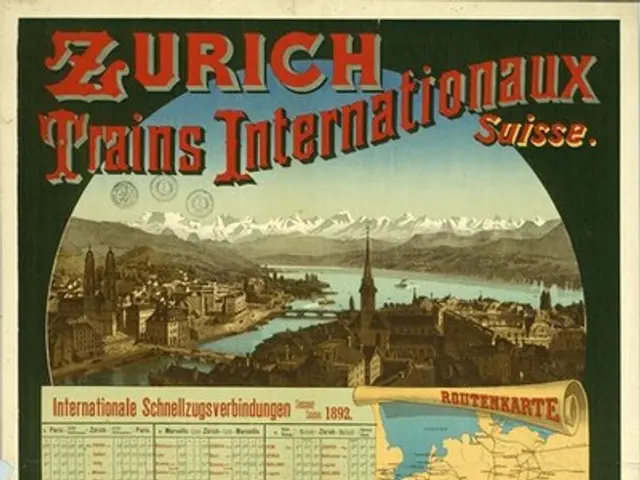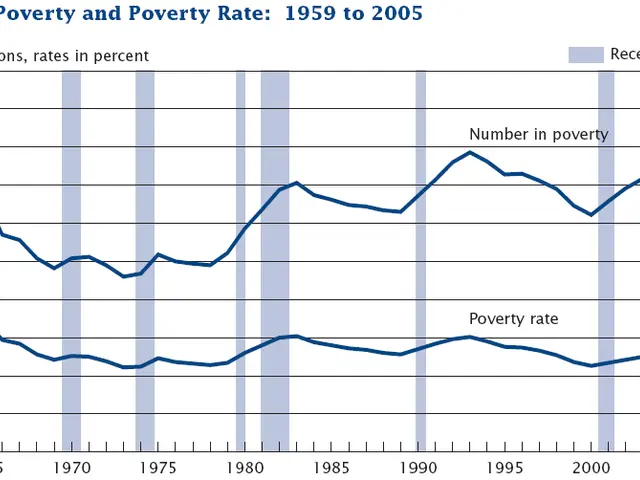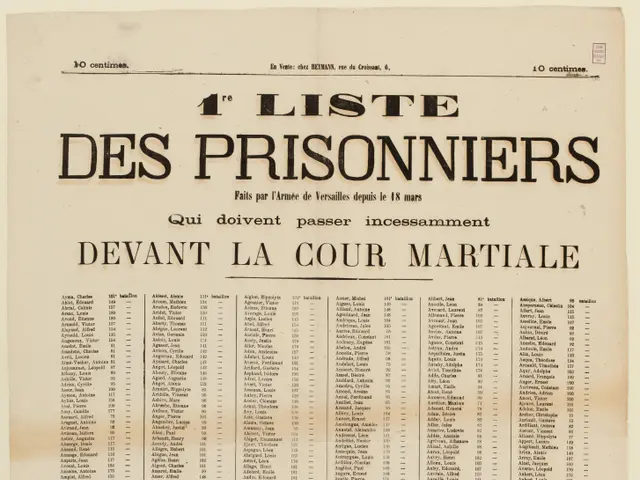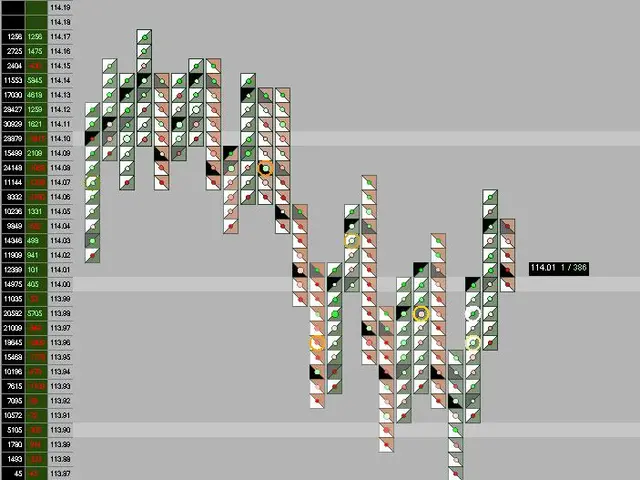High Prices Hinder Savers: 'Pocket Money' Often Insufficient - Germans Struggle to Save Amid High Food Prices and Inflation
A recent survey reveals a concerning trend among German savers. Nearly two-thirds believe their savings are inadequate for financial emergencies or retirement. High living costs, particularly food prices, are the primary barrier to saving more.
The study found that four out of five Germans do save regularly. However, one in four has emergency savings covering just two months of living expenses. Over 14 percent save less than €500 annually, and 25 percent save between €500 and €2,500.
High inflation rates are contributing to the savings dilemma. Food prices have surged by 37 percent since 2019, with inflation reaching 2.4 percent in September 2024. The Ukraine war and supply chain disruptions have driven up staple food prices across Europe and Russia since 2022.
The rising cost of living, led by soaring food prices, is making it challenging for Germans to save. Despite regular savings habits, many Germans feel their savings are insufficient. Central banks, including the ECB, are monitoring these inflation trends, but specific country rankings on staple food price increases are yet to be published.
Read also:
- India's Agriculture Minister Reviews Sector Progress Amid Heavy Rains, Crop Areas Up
- Sleep Maxxing Trends and Tips: New Zealanders Seek Better Rest
- Over 1.7M in Baden-Württemberg at Poverty Risk, Emmendingen's Housing Crisis Urgent
- Life Expectancy Soars, But Youth Suicide and Substance Abuse Pose Concern
